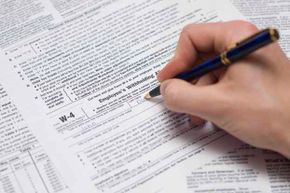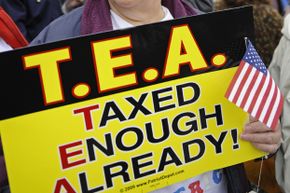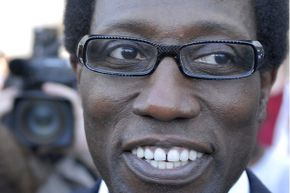Another great question that deserves a closer look. In 2011, billionaire investor Warren Buffett wrote an op-ed piece in The New York Times titled "Stop Coddling the Super-Rich" in which he claimed to pay an effective income tax rate of 17.4 percent, while other people in his office paid 36 percent.
How is that possible? Buffett, like many other extremely wealthy people, makes most of his money through investment income, not regular employment income. Back in 2011, all investment income was taxed at a flat 15 percent. In 2014, it's as high as 20 percent for people earning more than $400,000. Regular income, on the other hand, is taxed at 25 percent as soon as it exceeds $36,250, and the rates only go up from there [source: Fidelity].
Regular working folks also pay payroll taxes on each paycheck to contribute to the Social Security and Medicare/Medicaid trust funds. There are no such taxes on investment income.
In the end, people who make money from money (investors) pay lower effective tax rates than folks who make money from a job. That said, to pay an effective tax rate of 36 percent requires an extremely generous salary likely in the millions of dollars — hardly "regular folks." Middle-class earners are more likely to have effective tax rates of less than 10 percent after standard deductions and personal exemptions [source: CBPP].
For lots more Tax Day lists and helpful tips, check out the related HowStuffWorks articles on the next page.










